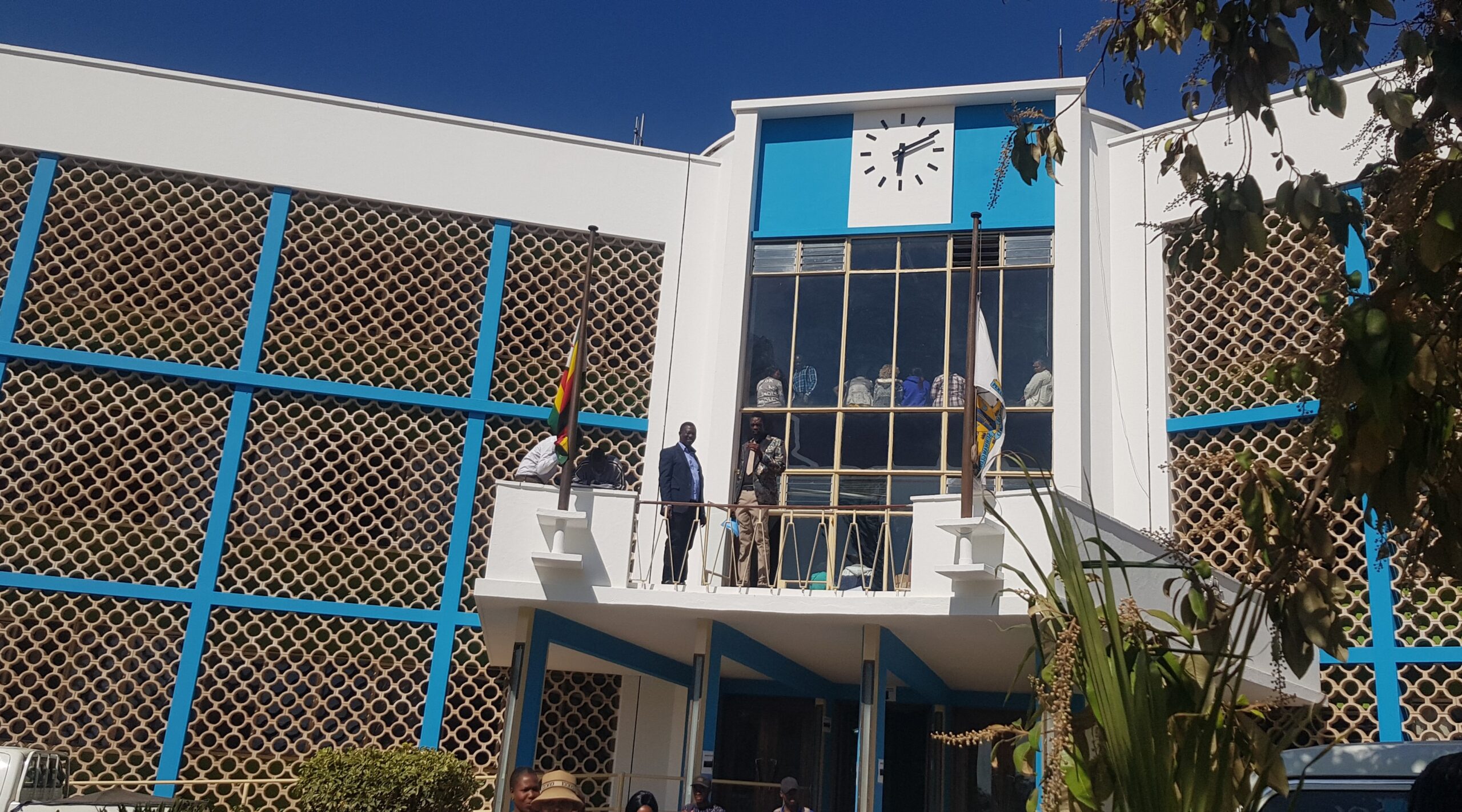Staff Reporter
Kwekwe City Council’s proposed 2026 budget has set out ambitious service delivery targets focusing on infrastructure rehabilitation, public safety, social services, and improved governance, amid persistent economic challenges.
According to the draft budget assumptions, the local authority intends to channel substantial resources toward improving essential amenities and addressing long-standing operational inefficiencies.
Under the Governance and Administration vote, council plans to allocate funds toward several projects including the renovation of Mbizo East offices ($20,000), construction of a new rates hall in Mbizo West ($60,000), and the second phase of solar installation at the Civic Centre ($12,000). Other major purchases include a Cash-in-Transit vehicle ($37,000), a tow-away truck ($56,000), an ambulance for the Fire Brigade ($100,000), and a foam hydraulic fire engine worth $200,000.
The Social Services department is set to benefit from the construction of a new clinic in Ward 6 at a cost of $100,000 and the continuation of the Drug Rehabilitation Centre Phase 2 valued at $38,600.78. The city will also construct public toilets at key points such as Prince Park, Amaveni and Mbizo shopping centres, OK/TM Market, and the CBD commuter rank — a move expected to improve sanitation across high-traffic areas.
In the Water, Sanitation and Hygiene sector, council has earmarked over $800,000 for major infrastructure rehabilitation, including the upgrading of water reticulation systems for $133,311, water works rehabilitation ($150,000), and rehabilitation of Phase 2 and 3 pump sets ($240,000). A transformer replacement worth $170,000 and an engineered landfill development project valued at $100,000 have also been proposed.
The Public Safety and Security Services vote will see the installation of 24 tower lights ($288,000), street solar lights ($180,000), and new traffic lights ($60,000), alongside the acquisition of a seven-tonne platform vehicle worth $65,000 to enhance city operations.
Council anticipates a 7–10% increase in recurrent expenditure due to inflation and wage adjustments, while capital expenditure will account for up to 30% of the total budget, largely directed toward infrastructure projects. A contingency provision of up to 6% has been set aside for unforeseen events.
However, the budget framework acknowledges several hurdles that could affect implementation, including inflation-induced price hikes, delays in government payments, slow grant disbursements, vandalism of infrastructure, and aging equipment.
Council says it will seek to limit new borrowing to ensure that debt servicing remains below 12% of recurrent revenues, favouring grant funding for most capital projects.
The 2026 budget, once adopted, is expected to guide Kwekwe City’s developmental priorities as it seeks to balance limited resources with the growing demand for improved service delivery.



